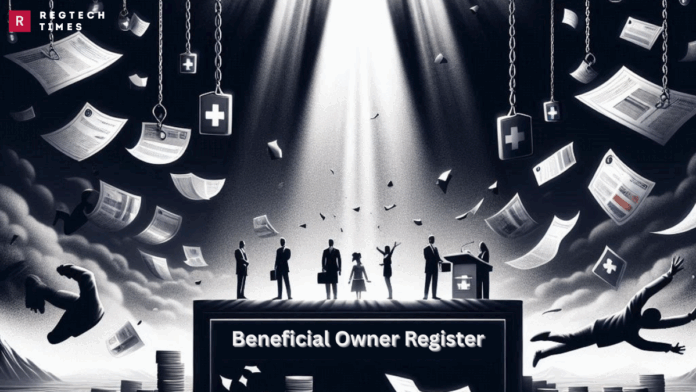Switzerland is planning a major step to stop criminals from hiding their money using fake or hard-to-trace companies. This step is called a “beneficial owner register.” It means companies in Switzerland will now have to reveal who really owns them—who is pulling the strings behind the scenes.
In the past, some people created “shell companies” or “letterbox companies” in Switzerland. These are businesses that often don’t do any real work. They might just exist on paper, with an office address and no staff. Criminals use these fake companies to hide money they earned through illegal activities—like fraud, bribery, or drug trafficking.
To fix this, Switzerland will create a special list, or register, that shows the real people behind these companies. These real people are called “beneficial owners”. The register will be electronic, so it’s easy to keep up to date. But it won’t be open to the public—only certain authorities will be able to see it. The list will be managed by the Federal Department of Justice and Police, a part of the Swiss government.
This move brings Switzerland in line with international rules. Many countries already have similar systems. In fact, 167 out of 196 countries already require beneficial owners to be known in some way. This new Swiss register is based on standards from the Financial Action Task Force (FATF), which sets rules to stop money laundering worldwide.
How the Government Made the Decision
To make this new rule official, it had to go through a process in the Swiss parliament. The rule was first written as a draft bill. This bill was then discussed and changed by the two parts of Switzerland’s parliament: the House of Representatives and the Senate.
The House of Representatives just voted to support the bill. The vote was clear—117 said yes, while 63 said no. That means most lawmakers agree that this register is important for fighting financial crime.
Before reaching the House, the Senate had already made changes to the bill to make it less strict in some areas. Now that the House has agreed, the bill will go back to the Senate one more time. They need to work out any final differences before the new rule can officially become law.
One part that was not decided yet is about legal advisors—like lawyers and notaries—who sometimes help set up companies. Lawmakers decided this issue is big enough that it needs to be handled separately. So, for now, the rules only cover companies and their beneficial owners.
Why This Is a Big Deal
Switzerland has a reputation for being very private about money. In the past, that privacy attracted both good and bad money. Criminals liked it because it was hard to find out who owned what. But that made it easier for bad actors to use Swiss companies to hide stolen money or move illegal funds around the world.
Other countries and global groups are watching Switzerland closely. If Switzerland doesn’t follow international rules, it could end up on the FATF’s “grey list”. This is a list of countries that are not doing enough to stop money laundering. Being on that list would damage Switzerland’s reputation and could hurt its economy.
By creating this new beneficial owner register, Switzerland is trying to fix that problem. It’s a powerful move, but it also shows how serious the money-laundering problem has become. The goal is to make sure people cannot hide behind fake company names anymore. Now, the real owners will have to come out into the open—at least to the authorities.


